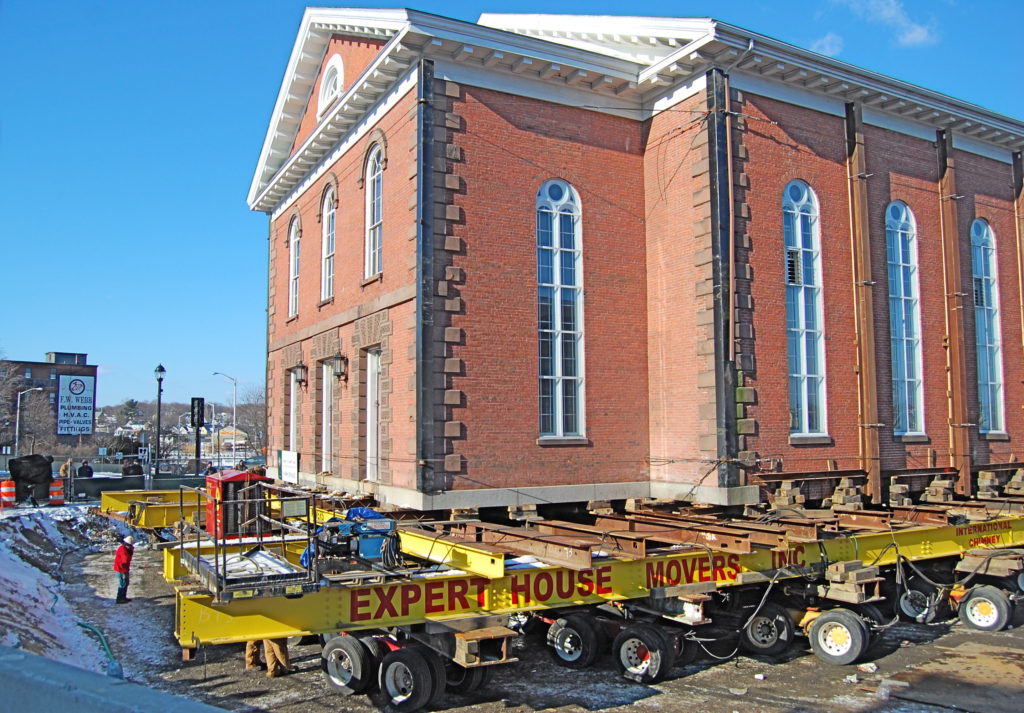
The issue when it comes to having a leasehold property is that it is a diminishing asset. This is simply because the longer you own it, the shorter the lease becomes meaning the value of the property is negatively impacted. Often it can be troublesome to get a mortgage on a flat or even home with a short lease, although, you have every right to extend your lease under the Leasehold Reform Housing and Urban Development Act (1993).
If you own a flat it’s possible to extend the lease by 90 years and if you own a leasehold house, it’ll be by 50 years.
Why Would You Extend Your Lease?
A property with a short lease will massively effect the valuation of the building and the shorter the lease gets the bigger the price will be effected when you come to sell the property. Once the property falls below 80 years, it almost always dramatically reduces the value. The reason for this is that it becomes much more expensive and tricky to lengthen the lease after it falls beneath this – this makes it much less attractive to potential buyers.
If a property falls below this point you are required to pay half of the flat’s ‘marriage value’ (the extra property value you’d gain by extending the lease or collectively buying the freehold with the other tenants that share your lease, known as collective enfranchisement) to extend the lease. This could add up to a lot of money, which is why a lease extension is vital to take out before you hit this mark.
Costs of Extending Your Lease?
The overall cost will depend on a number of elements. The length of the lease as touched upon above could affect the cost as well as the value of your property and any ground rent that is currently paid. If any improvements or alterations have been made during ownership, this will also contribute to the cost of extending the lease. As a general rule, the closer the lease gets to 80 years, the more expense it is to extend.
During this time, you need to bear in mind any legal costs as well as the property valuation cost which is carried out by a chartered surveyor. Any updates to the land registry will also incur a fee.
Legal Fees and Valuation
Unless it’s your area of expertise, you’ll more than likely need to instruct a solicitor to get the contracts together to complete the extension transaction. Please note, if the extension costs are of £125,000 or more, you’ll need to pay stamp duty tax.
When it comes to a valuation, they are well worth the money as they can give you that expert insight that can help you not overpay for your lease extension. A surveyor will be able to give you advice on costing as well as how much you should offer in the notice to the freeholder. They won’t be able to provide you with an exact figure for what you’ll need to pay as it’s not an exact science, but they’ll be able to give you the best and worst figure you could expect. The given figure is based on information including local experience and potential areas of claim or counter-claim.
In addition to the lease premium, you will have to pay any legal costs that the freeholder incurs due to the lease extension as well as your own fees too.
Giving Your Landlord Notice
To kick the lease extension process off you must start by giving notice to your landlord. Typically, you will be required to have certain information in the leaseholder’s notice. Within this notice, you must outline the premium you are proposing to pay for the extension as well as any changes you propose for the lease agreement. In addition, it will state when a counter notice must be given. It is at this point where a landlord will state if they accept the terms or if they won’t – in this case reasons must be given. If you’re unsure or typically don’t speak to your landlord directly, you will need to instruct your commercial property agents to assist you with the notice.
What Problems May I Face
Despite there being a legal process give for all lease extensions, problems can sometimes surface such as an absent landlord or even a tribunal.
If you and the freeholder are not able to agree on the extension price, the case can then be referred to the first-tier tribunal. This often should be a last resort as it can be a slow and time consuming move.
If your landlord isn’t coming back to you and they are seemingly absent, it can possible to get a lease extension without them. You can apply for a vesting order, which is when you apply directly to the country court. They have the power to grant they extension if they deem you eligible. If the landlord is bankrupt or in receivership, it’s possible to serve the notice to either the trustee in bankruptcy or the receiver. They essentially are the landlord in these situations.


